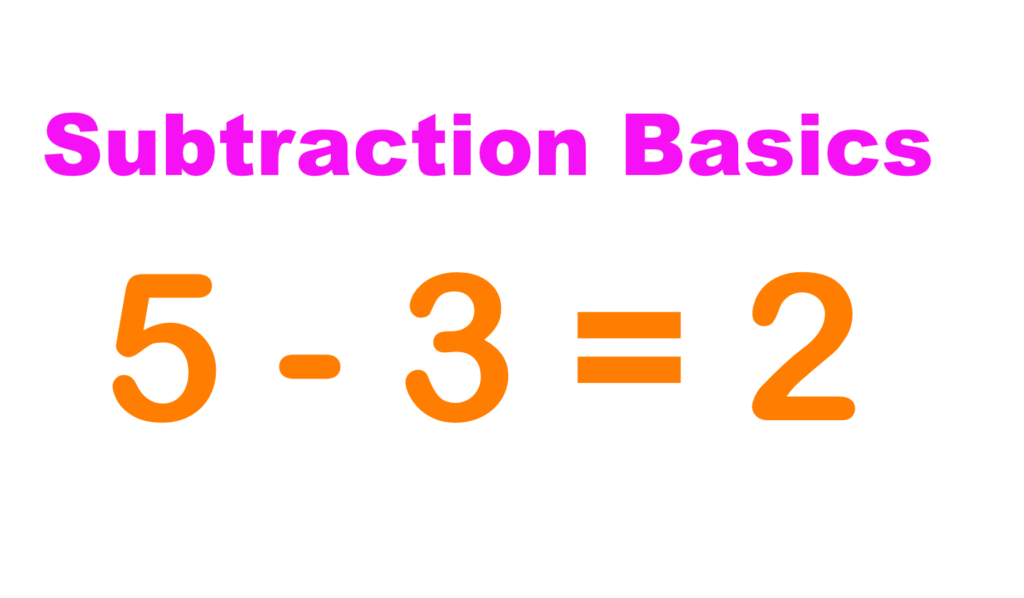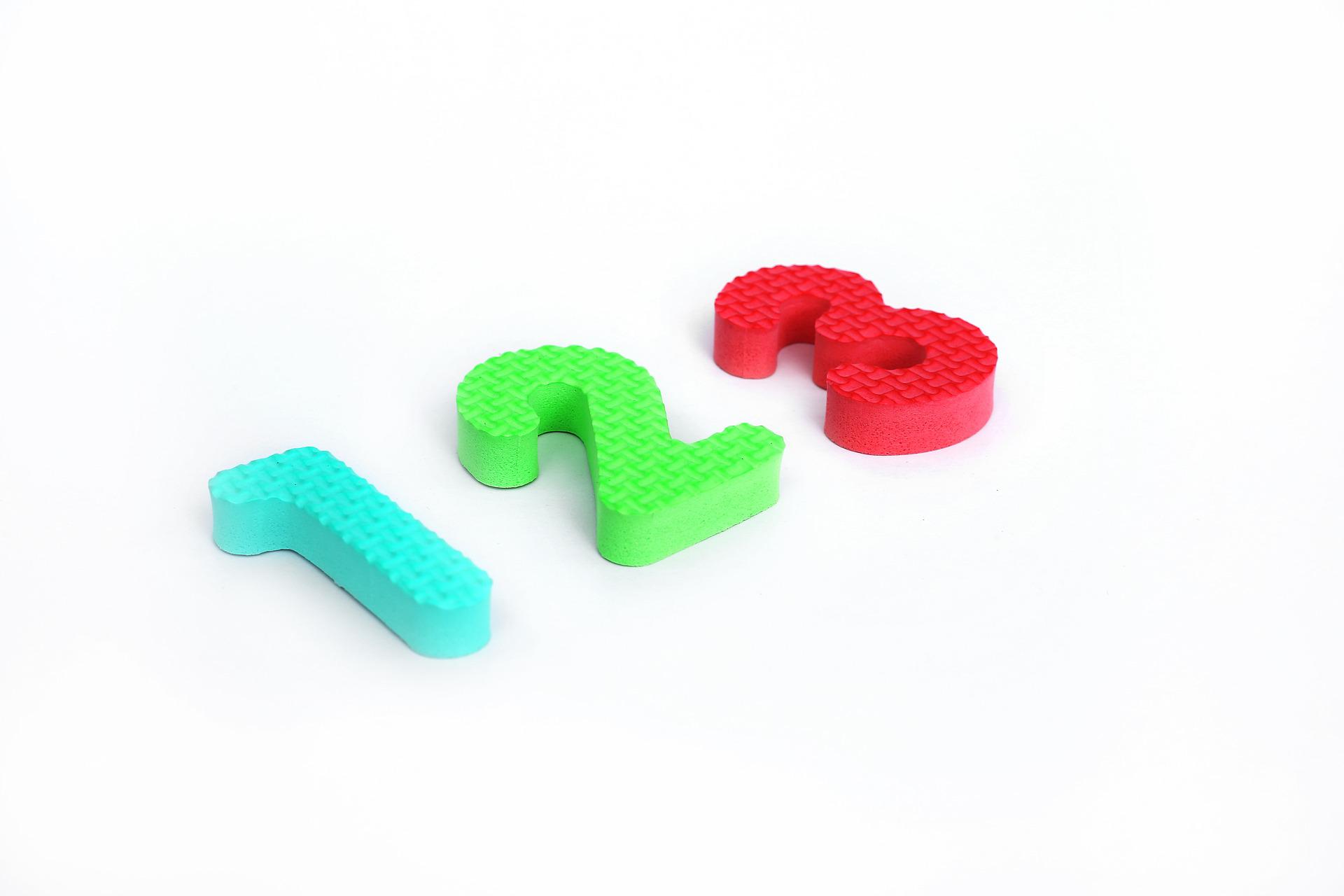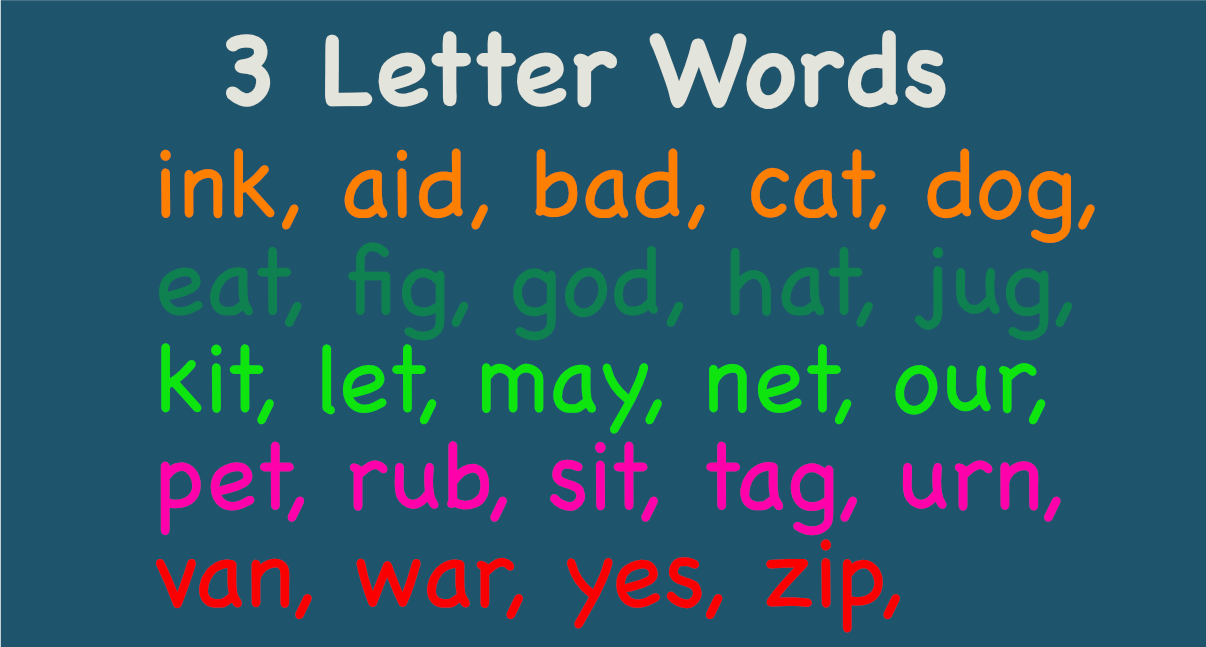
Learning by doing is critical to mathematical skill development. You too can encourage the mathematical genius in your child by integrating math into your child’s daily life and doing simple activities at home. Use math vocabulary and create opportunities at home to introduce various math concepts. This way you can make our child a math genius.
Contents
- 1 Parental Help Is Central
- 2 Encourage Self-Reliance And Accountability
- 3 Help Your Child to Accomplish the Learning Objectives/Outcomes
- 4 Encourage Them To Engage In Daily Math Practice
- 5 Learn About The Lessons That Your Child Is Now Learning
- 6 Concepts and Techniques to Consider
- 7 Work Closely with the Teachers
- 8 Review Subjects After Revision
- 9 Make Use of Math Educational Games
- 10 How to Teach Your Child Math: The Basics
- 11 Why Teach Your Child Math?
- 12 What Are The Basics Of Teaching Math To Kids?
- 13 How Can You Help Your Child Learn Math?
- 14 What Resources Are Available To Help Teach Math?
- 15 How Can You Make Math Fun For Your Child?
- 16 Final Thoughts
Parental Help Is Central
Studies show that children who get parental help with their homework are more likely to succeed in school than those who don’t. But managing homework time may be difficult, as any parent can attest. There are ways to guarantee that both you and your child’s teacher are giving your child the assistance they need.
Encourage Self-Reliance And Accountability
When you sit down with your child, a large part of what you’re doing is teaching them how to manage their own time so they can succeed in school and afterwards. As a result, you must allow your child to complete projects freely and responsibly after demonstrating your confidence in that ability.
Help Your Child to Accomplish the Learning Objectives/Outcomes
You’re not just teaching independence to your child; you’re also assisting him or her in learning how to succeed in school, which requires knowing precisely what his or her teachers want of him or her in terms of classwork and homework.
Encourage Them To Engage In Daily Math Practice
Even if it’s only for 10 minutes a day, it’s crucial to encourage your youngster to perform some arithmetic. They will get better the more they practice. Simple! Quick exercises like problem solving will encourage your youngster to use their mathematical knowledge and to think critically.
Learn About The Lessons That Your Child Is Now Learning
It’s critical to know what math topics your child is currently studying. The key is talking to their teachers and looking over their homework logs. Knowing what your child is currently learning will make it simpler for you to modify math activities at home.
Concepts and Techniques to Consider
The first time your child will learn a math subject is in a classroom. They will save time if they comprehend the key ideas covered in class, especially when it comes time to revise.
For instance, during the arithmetic lesson, underlining keyphrases and terms will aid in your child’s comprehension of the material. Making connections between concepts, such as factorization and grouping out common factors, will help people retain concepts.
It’s also crucial to encourage your child to ask questions when they’re confused.
They ought to be aware that if they don’t comprehend something, it’s nothing to be ashamed of. They will benefit from this throughout their lives, not just in math class.
Work Closely with the Teachers
Teachers frequently provide out a study guide for the exam that includes an outline of the format and some of the courses covered on it. If you haven’t heard from the teacher by email or your child, Parents.com advises calling.
You can enquire about your child’s upcoming obligations or any areas that want improvement. The instructor of your child might even be able to give you specialized study techniques to assist you in meeting your child’s needs.
Review Subjects After Revision
After a few months, issues could start to become hazy and comprehension might vanish. Develop a revision schedule with your child so that they can go over previously covered material.
It’s critical to regularly revisit themes with revision. To assist keep all of your students’ learning current, we advise that you cover one topic each week. It may not seem like much to cover one topic a week, but the repetition helps the students internalize the concepts. It also eliminates the need to study intensely in advance of big tests.
Make Use of Math Educational Games
The secret to developing arithmetic abilities and knowledge is to make math entertaining. You can play several interesting games with your youngster, including chess, cards, dominoes, and memory games. Without students even realizing it, games like this will assess their mathematical abilities. Win-win situation!
Why not find some math learning apps if your youngster regularly uses technology? Check out our most current article featuring all the top educational apps for kids here.
How to Teach Your Child Math: The Basics
Teaching math to your child can seem daunting, but with a little practice, you can help them understand the basics. In this blog post, we will outline a few tips to get you started.
Why Teach Your Child Math?
One of the most important reasons to teach your child math is to help them develop a strong foundation in basic skills. Math is a foundational subject that helps children in other areas of learning, as well as in their future careers.
In addition, math teaches children how to think logically and problem solve. These are important skills that will help them in all aspects of life.
What Are The Basics Of Teaching Math To Kids?
You may be wondering what the basics of teaching math to kids are. In order to teach math effectively, you must first understand the basic concepts that your students are learning. Make sure you are familiar with addition, subtraction, multiplication, and division. You should also be familiar with fractions, decimals, and percentages.
When teaching math, it is important to keep things simple. Start with the basic concepts and work your way up. Break everything down into small steps, and use lots of examples. Be patient and take the time to explain things thoroughly.
Make sure you also use lots of practice problems. Kids need to practice what they are learning in order to master the concepts. And don’t forget to have fun with math! Kids learn best when they are enjoying themselves.
How Can You Help Your Child Learn Math?
There are many things that parents can do to help their children learn math. One of the most important things is to make sure that the child is getting enough practice. You can do this by having the child do math homework every night, and by helping the child to practice math skills regularly.
You can also help your child to learn math by providing a positive learning environment. Make sure that the child feels comfortable asking questions, and that the child is able to take breaks when needed. It is also important to praise the child’s accomplishments, and to help the child to set goals.
Finally, you can help your child to learn math by providing educational materials. You can find math worksheets and flashcards online, or you can purchase math books and games.
What Resources Are Available To Help Teach Math?
There are many resources available to help teach math. Some of these resources are textbooks, online resources, worksheets, and flashcards. It is important to find the resources that work best for you and your students. Each student learns differently, so it is important to find resources that cater to each student’s needs.
How Can You Make Math Fun For Your Child?
There are many ways to make math fun for your child. One way is to play games with them. There are many math games available online and in stores. You can also make your own games. Another way to make math fun is to use math in everyday activities.
For example, you can use math to figure out how much money you will save by buying in bulk or how much sugar is in a recipe. You can also use math to figure out how fast you are going while driving or how high you are jumping. Finally, you can also use math to help your child with their homework.
Final Thoughts
Thanks for reading! We hope that this blog post has given you a few tips to help you teach your child math. Remember, practice makes perfect, so keep at it!



